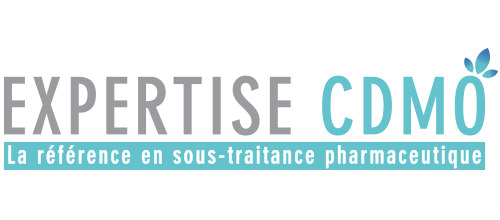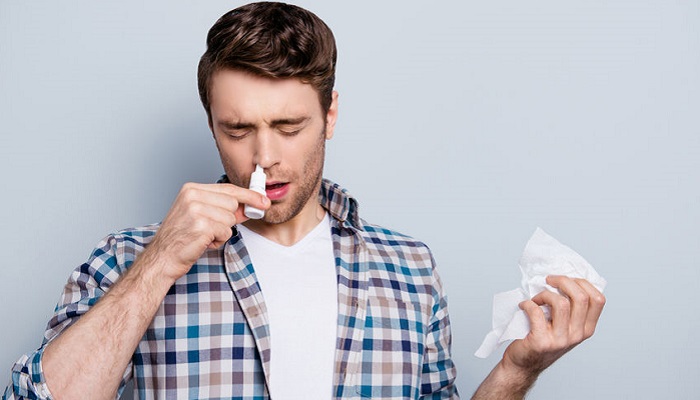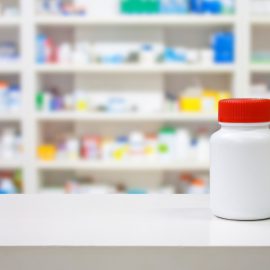Currently, in most industrialized countries, about 15 to 20% of the population could be affected by allergic rhinitis, sometimes without being diagnosed and/or treated. If allergic rhinitis often flares up during adolescence and in the beginning of adulthood, it can be triggered at any point in life. A child, just like a senior, may be affected by allergic rhinitis.
One of the most important benefits of these seawater solutions is that they can be used as often as required without any risk of alteration of the nasal mucosa nor becoming addicted. That’s unlike some nasal sprays which contain powerful vasoconstrictor active ingredients, for example.
Seawater nasal spray: the 7 questions to ask before choosing the one that suits you
To select the nasal spray that’s right for you, here are 7 questions to ask yourself:
1/Isotonic or hypertonic seawater?
Isotonic sterilized seawater cleans and calms irritated areas, moistens and decongests the nasal cavity. It protects, regenerates and nourishes the nasal mucosa thanks to its richness in minerals and trace elements. Some even say that they are more effective than basic saline.
Hypertonic seawater solutions are hypersaline solutions, which work by water absorption (= osmotic effect). They are effective in the treatment of chronic sinusitis or allergic rhinitis.
2/Based on plant extracts or not?
Plant extracts help decongest respiratory airways, find our post dedicated to interest on plants for ENT treatment. In particular, we find that eucalyptus extract whose purifying action provides an intense sensation of freshness for a sustainable well-being. Extracts of chamomile and aloe vera that improve the hydration of the nasal cavity and soothe the sensations of irritation. Preferably, opt for nasal sprays based on natural plant extracts.
3/For which use?
Daily hygiene or blocked nose, dry nose or allergic nose. Which spray to choose? Given the plethora of products available on the market here are our tips. For daily hygiene, use a “simple” hypertonic or isotonic seawater nasal spray that improves breathing by removing impurities and mucus. For a stuffy, dry or allergic nose, opt for a hypertonic seawater-based spray enriched with plant extract(s) or other natural elements to minimize the risk of allergy.
4/Pump, aerosol or bag-on-valve bottle?
A pump bottle is ideal for transport. Small in size, compact, robust and with a practical distribution mode, it is the perfect companion for use in all circumstances (travel, sport, plane, etc…) to relieve you in the middle of a crisis. Nevertheless, for daily use, it is recommended to choose a bottle of larger capacity. So choose aerosols that offer longer shelf-life. Bag-on-Valve (BOV) technology has considerable advantages: better use (360° use, no priming), better preservation (absolute protection of the contents) and better protection (environmentally friendly). This mode of use is the most appropriate for babies.
5/Which materials?
Regarding aerosols, no questions to ask. To my knowledge, only aluminum boxes are available on the market. For bottles with a pump, two options are possible: glass bottle or plastic bottle. The plastic bottle has an advantage over glass considering its featherweight. The plastic is lightweight, very robust and therefore more easily transportable in a bag or when traveling. Glass is heavier, sometimes more expensive but less hazardous to health and is recyclable for life. It’s up to the individual to privilege the practical aspect or the ecological impact.
6/ What volume?
For a nomadic format that can be brought anywhere, go for a 15 or 20 mL pump bottle or a 50 mL aerosol maximum. For daily use, choose products with a capacity of 100 to 200 mL.
7/Indication for baby, pregnant or lactating women?
To gently wash the small delicate nose of your baby, the use of an isotonic nasal spray with a mouthpiece allowing a micro-diffusion is recommended. Micro-diffusion allows gentle washing, hydration and decongestion of the nasal cavities. It is also ideal for young children up to 2 years of age.
For pregnant or breastfeeding women, isotonic seawater or hypertonic seawater without plant extracts or essential oils is recommended. Indeed, the active ingredients of essential oils pass systematically through the blood that will feed the embryo or the fetus. All essential oils are not dangerous but avoid using a nasal spray containing them as a precaution.




